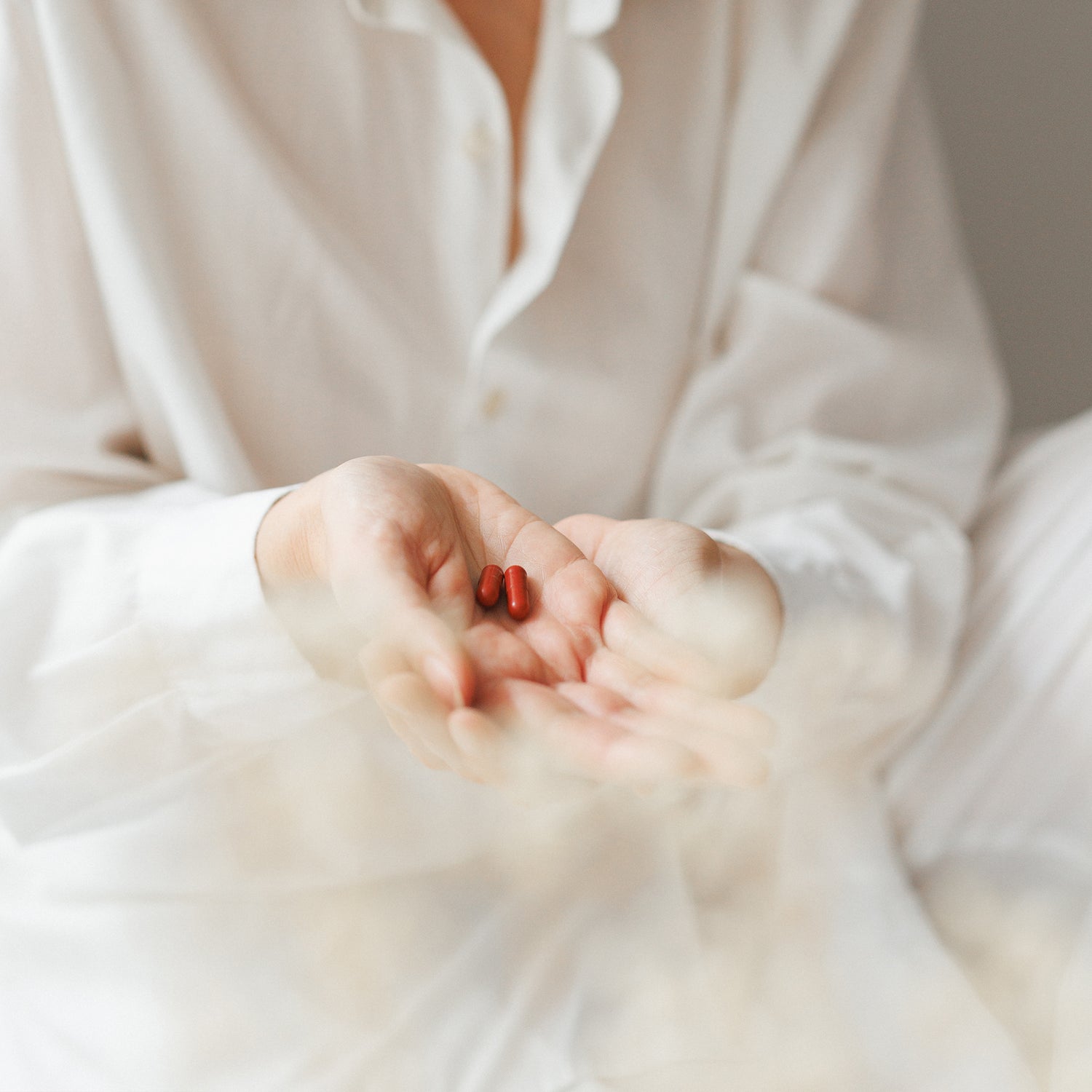
Daylight Savings Time: How it affects us and how to reduce the impact
As every year, with the arrival of autumn, we turn the clocks back one hour. In particular, in the early hours of Sunday 27 October we will change the time to winter time. This measure is designed to make the most of natural light and promote energy savings, but how does it impact our health?
Negative health effects
One of the most common effects is sleep disruption. Having to adapt to a new schedule, even if it is “only” one hour different, can cause imbalances in the quantity but, above all, quality of sleep, by altering the patterns of sleep cycles and the percentage of NREM and REM sleep time. All of this can lead to changes in mood, fatigue, irritability or lack of concentration, and hormonal changes such as changes in blood sugar in people with diabetes or even changes in the regularity of the menstrual cycle.Finally, the time change can alter energy levels, as the body needs time to adjust to the new routine. These effects, however, are usually temporary and most people adjust to the new schedule within a few days.
Still, it is important to be aware of how it affects us personally so that we can take steps to minimize any negative impact.
Dr. Isabel Viña Bas answers the main questions: Why is sleep so crucial for general health? And for metabolism?
"Sleep is essential because it is the time when the body carries out multiple reparative processes. At the brain level, it is when memories are consolidated, accumulated toxins are cleared, and neural connections are reestablished. For the body, it is crucial for tissue regeneration, the synthesis of hormones such as the growth hormone, and the regulation of the immune system. In terms of nutrient metabolism, sleep is essential to balance key hormones such as leptin and ghrelin, which regulate appetite, and cortisol, which affects the storage of abdominal fat. Likewise, during sleep is when the largest peak of testosterone occurs, key to correct protein metabolism. Chronic sleep deprivation has been linked to an increased risk of obesity, type 2 diabetes, and metabolic diseases."
For all the reasons stated by Dr. Viña Bas, we cannot deny that taking care of rest and sleep is essential.
How to take care of our rest?
To reduce the impact of the time change and optimize our rest, we share some recommendations:
Maintain a consistent sleep routine: Trying to go to sleep and wake up at the same time every day, even on weekends, helps stabilize your internal clock.
Avoid stimulants before bed: Reduce caffeine and theine consumption and do not take any of these stimulants after 2-3 pm. It is also advisable to limit the use of screens as they can interfere with melatonin production.
Create an environment conducive to rest: favouring a room temperature of around 22 degrees. Also, keeping your hands and feet warm in relation to the central area of the body (abdomen) can help us to fall asleep better.
Maintain a balanced diet: Increase the consumption of foods rich in tryptophan such as: pumpkin seeds, whole grains such as oats, soy, dairy products, salmon and lean meats such as chicken. Also avoid alcohol at night because although it may seem to calm you down, being a depressant of the central nervous system, it decreases the quality of sleep and causes us to have a restless sleep.
Exercise: Practicing regular physical activity during the day promotes better nighttime rest and improves your mood.
Taking food supplements: supplementing your diet with SomniLove can ensure you get the rest you are looking for. SomniLove contains ingredients that help promote a state of calm and relaxation, promoting a natural and deep sleep. Glycine helps, among other things, to lower core body temperature, promoting a natural entry into sleep; passiflora and melissa are known for their mild anxiolytic properties, promoting tranquility and relaxation; and L-theanine has a calming effect that improves the quality of sleep without causing drowsiness upon awakening.
This balanced approach allows the body to enter a state of rest without disrupting natural circadian cycles or creating dependency. Free of hormones such as melatonin.

If you also want to complement your routine by increasing your energy and promoting relaxation, discover how to combine our supplements here






